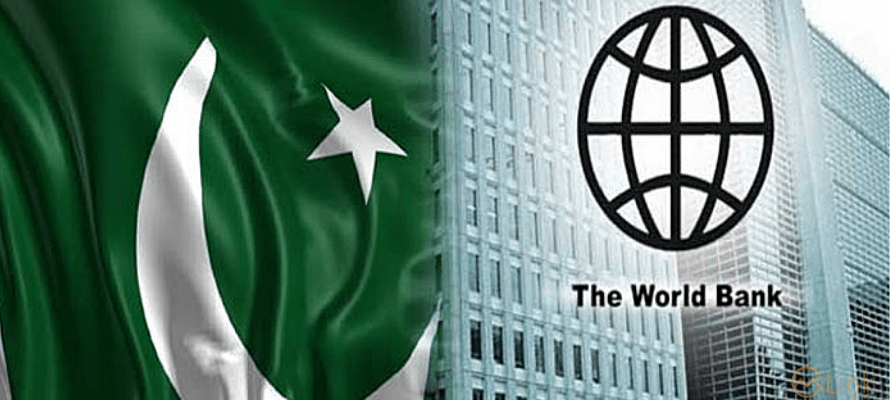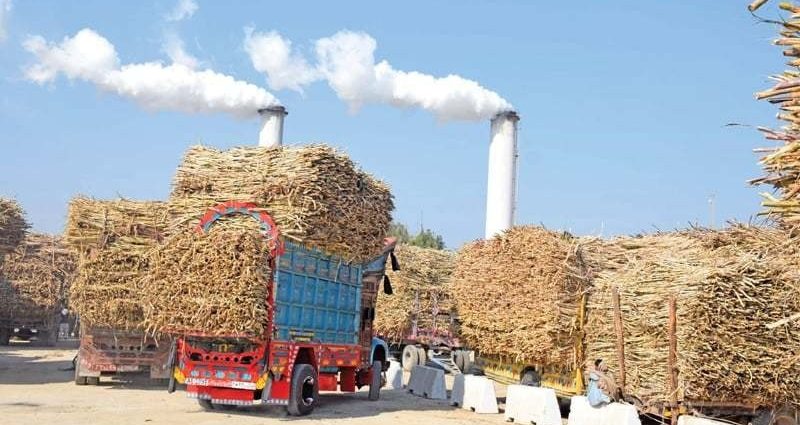
In Pakistan the sugar sector has historically been a highly un-competitive sector controlled by a few major actors: World Bank
Suggests that govt action need to restore the balance of power & competition in the sugar market, to benefit the consumers
ISLAMABAD ( Web News )
World Bank has observed that in Pakistan the sugar sector has historically been a highly un-competitive sector controlled by a few major actors with political power to influence policymaking in their favor.
World Bank has suggested that government action need to restore the balance of power and competition in the sugar market, to benefit the consumers as well as growth of the sector for regular export of sugar from the country, according to Policy Note on Sugar Sector released by World Bank for uplift of the different sub-sectors of agriculture. World Bank, for uplift of the of this sector has recommended Pakistan to reduce the combined protection resulting from import tariffs and allow the import of sugar with reduced rate of import tariff and make the sugar sector to compete with the international prices. Ban on import of sugar, if any, be lifted to eliminate barriers to entry.
It has recommended to do away the fixing of a minimum support price of sugarcane, and pointed out that it has created the perfect conditions for collusion and cartelization in the sugar industry.
Easing these measures would add some competition to the sugar sector through increased capacity and availability of imports that could compete out inefficient mills. WB has pointed out that the Pakistan Sugar Mills Association has been acting as more than a representative of the sector, which gives space to more collusion and requires government action to restore the balance of power and competition in the sugar market.
The government influences the sugar market through instruments like a minimum support price, notification of the catchment area for each mill for the procurement of sugarcane, import tariffs, and licensing of sugar mill capacity. Setting up a sugar mill or expanding capacity requires government permission which is discouraged (although not entirely banned) to prevent the excessive cultivation of sugar.
The result is a sector dominated by a few industrial groups that makes farmers vulnerable to exploitation, for instance, by delaying procurement till they are desperate to sell at lower than the minimum support price and or delaying payments to farmers.
On the consumer side, the concentration of the industry allows for collusion and speculation to drive up retail prices to maximize profits. This is made possible through the role of the Pakistan Sugar Mills Association (PSMA) which has become a platform for collective decision making on the procurement, crushing, supplying, and export of sugar, as well as setting sales quotas across mills to reduce competition, World Bank concluded.

